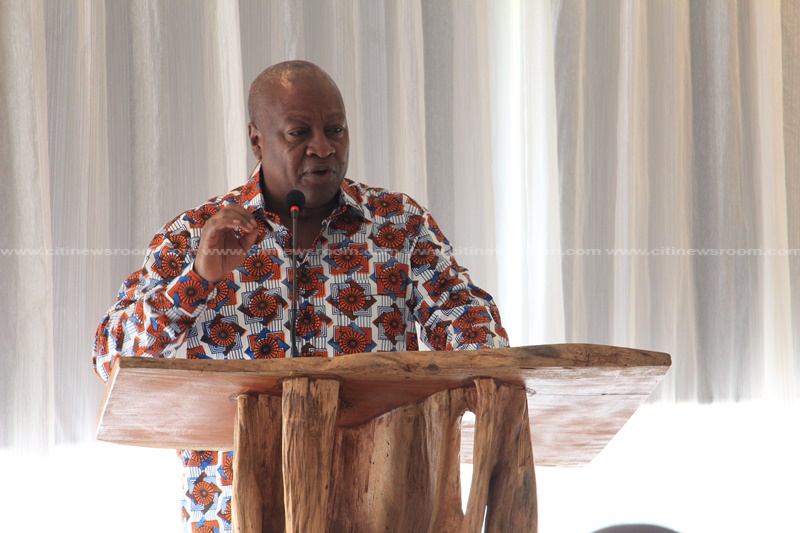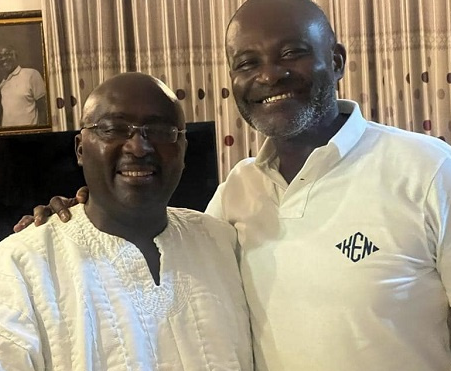KT Hammond tops Twitter trends

The Member of Parliament for Adansi Asokwa, who is also the co-chair of the ad hoc committee in parliament is currently topping trends on social media platform; Twitter, as the committee has commenced the public hearing of the motion of censure against Finance Minister, Ken Ofori-Atta.
Following this development, some Ghanaians have shared mixed feelings about the comments made by K. T. Hammond while others took him on over his comment that he does not have a car hence the reason he is unaware of the current hike in fuel prices.
“I don’t have a car. I don’t buy fuel, KT Hammond, Me: Does he fly to parliament and his constituency?” Marcusadampah tweeted.
“I just burst out laughing when I saw KT Hammond as the chair. This seating will drag with a lot of interference from him,” kwantw3fo added.
Below are some of the tweets:
Source: www.ghanaweb.com








